Description
Everyone encounters challenges and setbacks. The way that we handle them says a lot about how we view intelligence. Many students worry that facing a challenge means that they aren’t smart, but educators Emily Mofield and Megan Parker Peters say that couldn’t be further from the truth. Mofield and Peters say that intelligence is malleable and can become stronger. Intelligence grows when students work hard at something and put in the effort. In this 1-hour course, “Mindsets Matter Parent Chat: Understanding Mindset Mechanisms,” parents will learn how to teach children to view challenges as opportunities for growth rather than something to be avoided.
In this informative course educators will learn:
- The difference between fixed and growth mindsets
- Neuroplasticity theories
- How to help students embrace challenges
Presenter Bio
Dr. Emily Mofield is the lead consulting teacher for gifted education for Sumner County Schools in Tennessee. Prior to this position, she taught as a gifted education language arts middle school teacher for 10 years. Emily regularly presents professional development on effective differentiation for advanced learners and ways to practically address gifted students’ unique social-emotional needs. She is a National Board Certified Teacher in Language Arts and has been recognized as the Tennessee Association for Gifted Children Teacher of the Year. She has co-authored the Vanderbilt PTY Advanced ELA curriculum series (with Tamra Stambaugh through Prufrock Press) which have won numerous NAGC curriculum awards (2012, 2015, 2016). She is actively involved in the Curriculum Studies Network with NAGC and also has authored several published manuscripts about perfectionism, overexcitabilities, social-emotional needs of gifted students, and curriculum design. Most recently, her research (with Dr. Megan Parker Peters) on mindsets, perfectionism, and underachievement was recognized with the prestigious international Hollingworth Award (NAGC, 2016).
Dr. Megan Parker Peters, is an Assistant Professor and the Director of Teacher Assessment at Lipscomb University. She is co-editor of the National Association for Gifted Children’s (NAGC) Teaching for High Potential publication and is on the board of the Tennessee Association for the Gifted. She serves as the Early Childhood Network Chair for the National Association for Gifted Children. Her current research interests include examining the impact of perfectionism on coping and underachievement, the relationships among socioemotional factors and giftedness, and the academic and external factors that predict student success. Most recently, her research (with Dr. Emily Mofield) on mindsets, perfectionism, and underachievement was recognized with the prestigious international Hollingworth Award (NAGC, 2016).

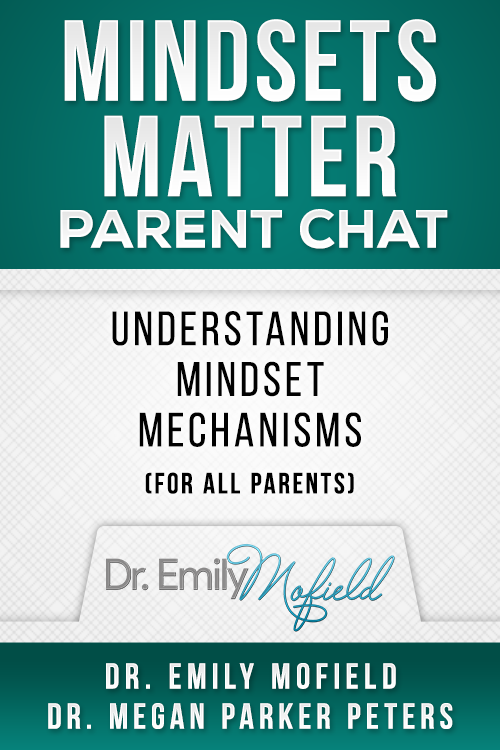
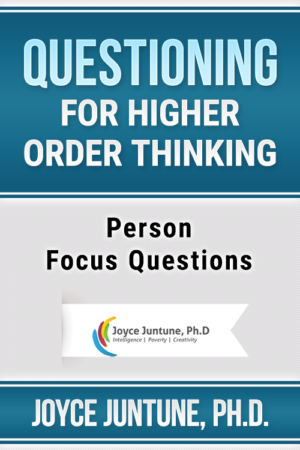
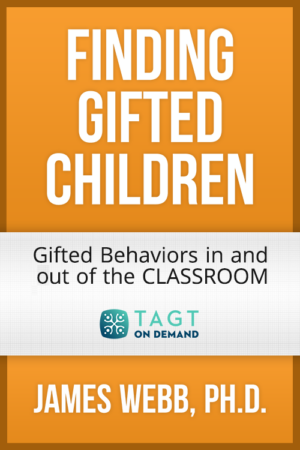
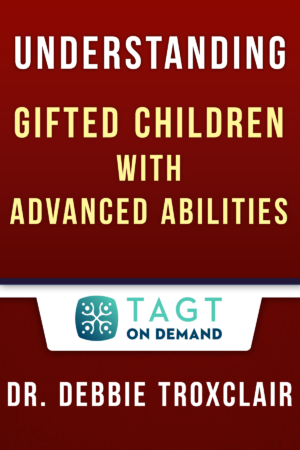
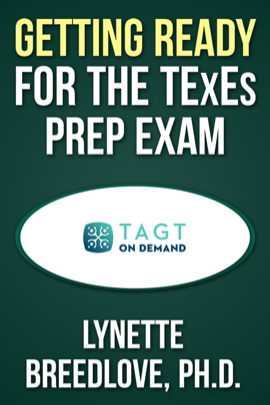

Reviews
There are no reviews yet.